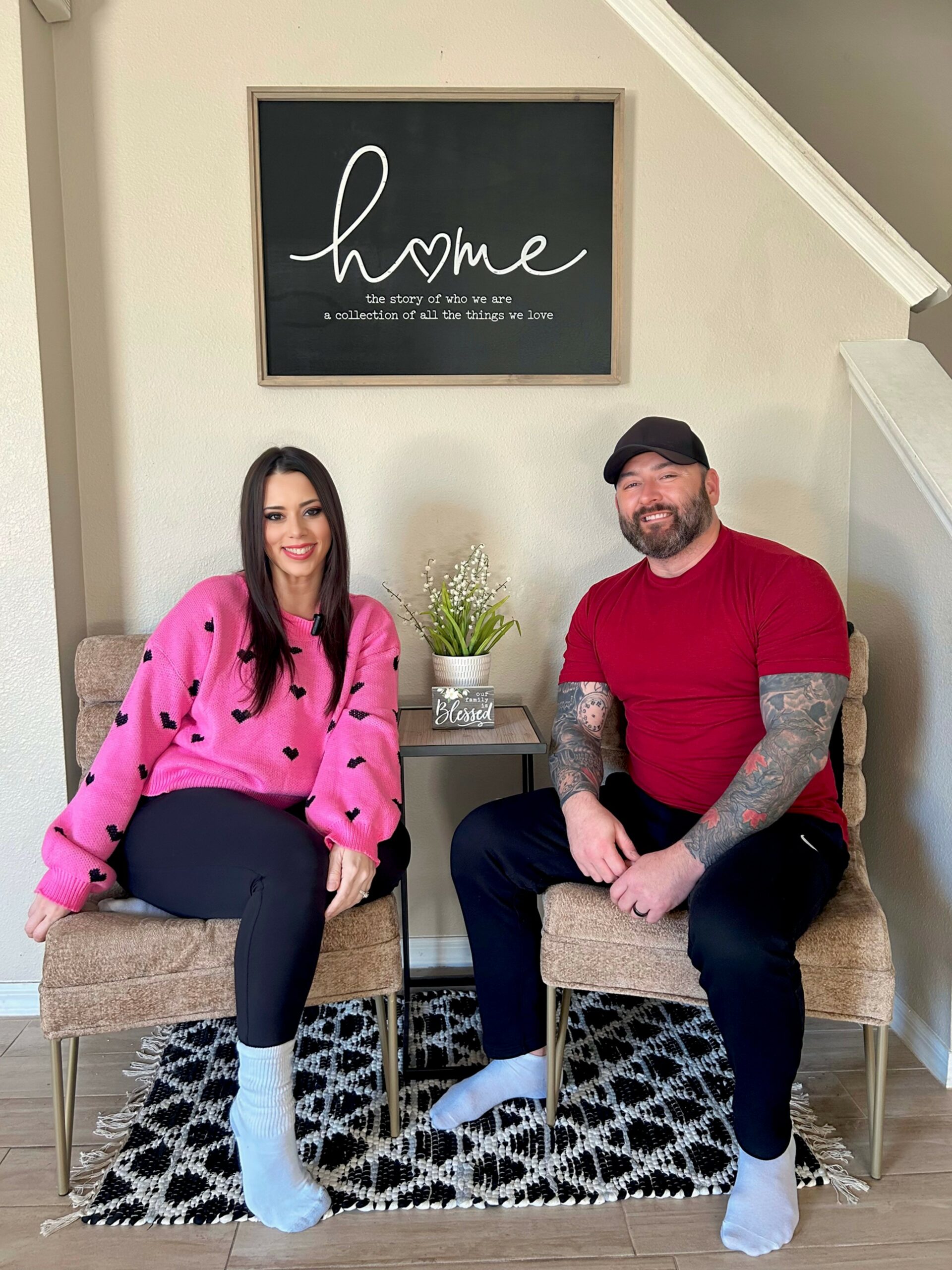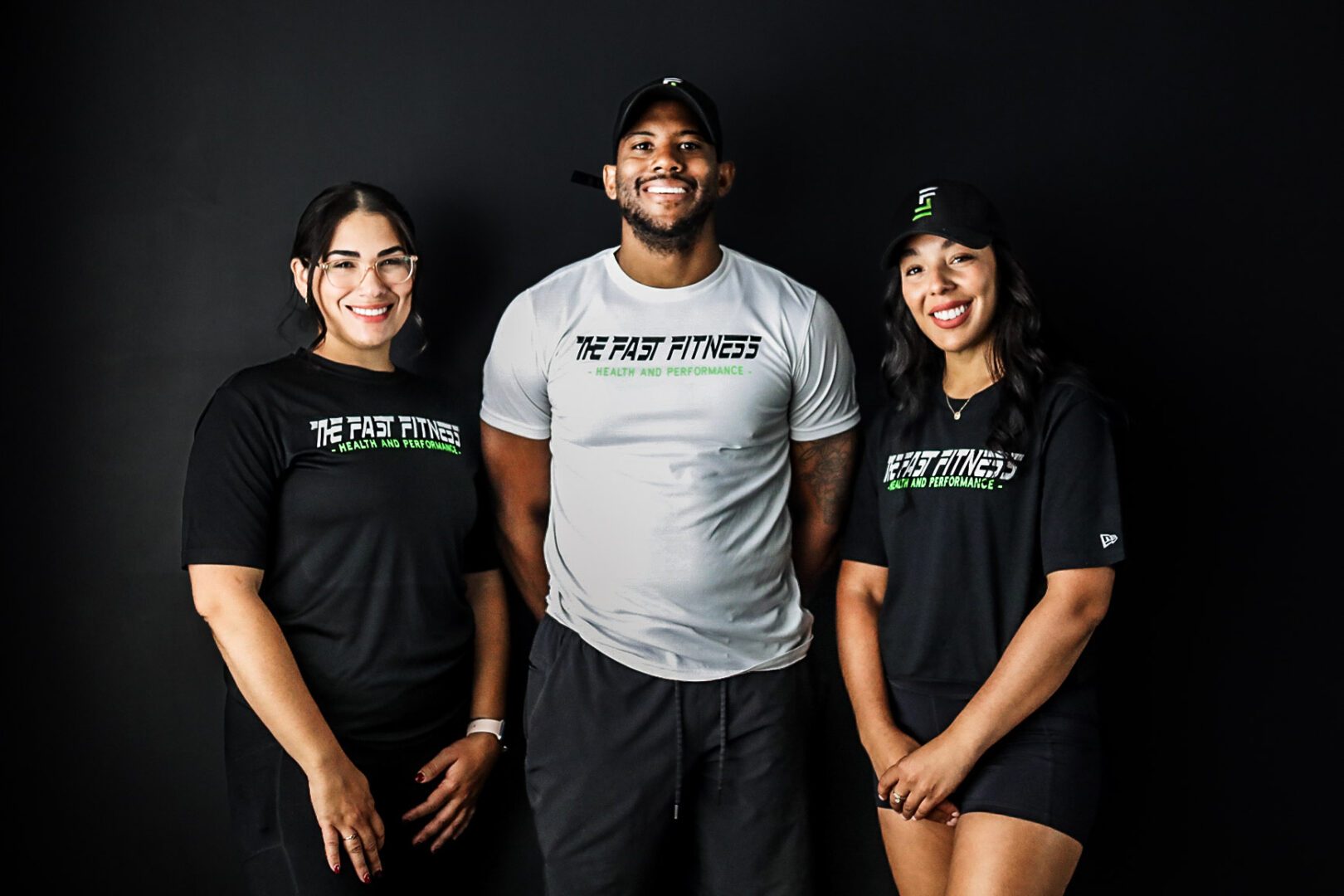We’re excited to introduce you to the always interesting and insightful Tim Rutherford. We hope you’ll enjoy our conversation with Tim below.
Tim, sincerely appreciate your selflessness in agreeing to discuss your mental health journey and how you overcame and persisted despite the challenges. Please share with our readers how you overcame. For readers, please note this is not medical advice, we are not doctors, you should always consult professionals for advice and that this is merely one person sharing their story and experience.
The mental health challenges faced by first responders are a critical issue that demands attention. By openly addressing these challenges, breaking down the stigma surrounding mental health, and providing support, we can help first responders find the light on the other side of their struggles, ensuring their well-being and the safety of the communities they serve.
My upbringing in a financially strained household, marked by familial instability and substance abuse issues, instilled in me a profound determination to forge a different path for myself. At the age of 20, I embarked on a journey of self-discovery, leaving behind my home state of New York to seek a fresh start in Florida. It was during this period that I encountered Christianity and experienced a spiritual awakening that ignited a deep desire within me to serve others.
I was positive and excited for the future. As time went on my desire to serve people began to take the forefront.
I was drawn to the cause of serving and protecting my community. Standing up and defending people who cannot defend themselves. The desire to make a tangible, positive impact in people’s lives fueled aspirations to become a police officer. The call to uphold justice, ensure safety, and be a pillar of support in times of crisis resonated deeply.
At the approximate age of 24, I was hired by the City of St Petersburg and began my journey. Becoming a police officer demands an unwavering dedication to both mental and physical preparedness. The training process is rigorous, encompassing a diverse array of skills and knowledge. From intensive physical conditioning to learning the intricacies of law enforcement procedures and protocols, the training is both mentally and physically demanding.
After a 21-week police academy, state examination, and a 3 1/2 month field training program I was ready to hit the street and make a difference. I was so full of hope and excitement just wanting to make an overall positive impact on my community and bring that so desired stability to my life.
I learned quickly about the demanding nature of the roles, long hours, shift work, and the need to make critical, split-second decisions further compounding the stress that is faced. The necessity to compartmentalize emotions, witness distressing scenes, and face life-threatening situations contributes to the mental health burden experienced by many first responders. Despite this, I pressed on. I was excelling on the job and in my personal life as I got married and had two children. However, my spiritual well-being was suffering as I would become lukewarm with the Lord.
As time went by, I was not prepared for what would come. The weight of the job took a significant toll on my mental well-being. Constant exposure to traumatic events, the pressure to make split-second life-or-death decisions, and the need to compartmentalize emotions lead to emotional strain and psychological challenges. Over time, this burden manifested as symptoms of, anxiety, depression, and alcohol abuse. I became a version of myself that I never knew existed, but I pressed on as I did not want to be labeled as mentally incompetent and lose my livelihood as would correlate with the stigma.
At approximately year 7 of service, I was diagnosed with general anxiety disorder by a doctor, but I did not tell anyone due to potential stigma. I began to take medication for the issue. This helped but I still suffered nightmares and intrusive thoughts. I isolated myself from friends and family. I often had outbursts of anger, frustration, and sadness. This contributed to marital issues. I had waves of depression and feeling worthless. I hated who I had become and could not understand how it happened. I started to rationalize with people who contemplated suicide.
At approximately year 11 of service things took a turn for the worst. There was constant chaos at work and home, it was a never-ending cycle. One night, all the bottled-up emotion that I was holding on to came out. My then-wife advised that she wanted a divorce, took the kids, and left the house. I was mentally at rock bottom in a dark place that I did not think I could escape. I retrieved my service weapon and called family members advising that I was going to shoot myself. Law Enforcement was contacted by my family, and I was taken to a psychiatric facility under a mandated hold known as the Baker Act.
As I sat in the psychiatric hospital I was at the lowest point in my life. I was breathing but I thought my life was still effectively over. I was stripped of my gun, badge, family, and my dignity. I believed that there was no way that I could ever recover. The light was essentially gone for me. One night while in the hospital I decided to rely on the only thing I had left in my life, my faith. I decided not to give up and I started my road to recovery at that time. I had no idea how that would look but I knew I had to. I was released from the hospital. I was placed on administrative leave by my department. For the next approximately 6 months I sought professional therapy services and began to adjust my medication and above all else leaned on my faith. The light began to come back to my life. I was ultimately cleared and went back on patrol. This included a role on the department’s peer support team as I did not want any other officer to go through what I did due to the stigma even if it meant sharing my story. During that time, I remarried and developed a good co-parenting relationship with my ex-wife.
After 3 additional years on patrol, I felt my faith calling me in a different direction. At that time after a 14-year career on patrol, I made the very hard decision to resign. That began my new journey with my wife Dana as we own and operate the Trauma Survivors Guide to Life Abundantly. The business is driven to life after trauma and not just surviving it but living abundantly. It is my mission to break the stigma behind speaking up about mental health not only with first responders but men in general.
Breaking the stigma is a critical step toward fostering a culture of open communication and support within the first responder community. Encouraging conversations around mental health, normalizing seeking help, and creating safe spaces for officers to express their emotions and struggles without fear of judgment are pivotal in this process.
Advocacy catalyzes change by emphasizing the need for programs, policies, and cultural shifts within these professions. Speak up, personal stories, and initiatives can influence organizational changes for better mental health support structures.
Advocating for change is not just about supporting the individuals in these roles; it’s about recognizing their humanity and enabling a support system that allows them to navigate their challenges while maintaining their well-being. Break the Stigma.
Thanks for sharing that. So, before we get any further into our conversation, can you tell our readers a bit about yourself and what you’re working on?
In May 2020, following my marriage to my wife Dana, I embraced the opportunity to assume the role of President at our business, ‘The Trauma Survivor’s Guide to Life Abundantly.
With our business, “The Trauma Survivor’s Guide to Life Abundantly,” we are all about the day-to-day life after trauma. Our slogan is “Rebranding the trauma survivor,” because we want to show an image of hope and strength instead of gloom and doom. We do this with advocacy, content creation, events, fundraisers, consulting, and more.
We have also created a video and podcast series called Survivor, Empowered. Its focus is showcasing women who have done incredible things in their businesses and ventures despite walking through trauma or people who can help those who have endured trauma. Included in that is our very first Survivor, Empowered. Women’s Conference coming on May 4, 2024, in Tampa, Florida. Those who attend will hear from survivors of trauma who are now rewriting their stories as entrepreneurs, professional leaders, community partners, business owners, and much more. It will also include panel discussions, time for networking, vendors, a raffle with prizes, and lunch provided by The Salt Smokehouse.
We are also officially launching A Million Dreams Creative Consulting, providing specialized knowledge, guidance, and solutions in corporate events, fundraising, marketing, graphic design, strategic vision planning, public speaking and advocacy, and company workshops & trainings such as “Building a Culture of Philanthropy in Your Business.” We continue to do what we are passionate about, but we hope to help the community do the same,
If you had to pick three qualities that are most important to develop, which three would you say matter most?
Faith in God’s Love and Grace: Central to the Christian faith is the belief in God’s unconditional love and grace. Understanding and internalizing this concept has been crucial in my journey through mental health struggles. Knowing that I am loved and accepted by a higher power, regardless of my imperfections or struggles, has provided comfort and strength during difficult times.
Advice: Spend time exploring and deepening your understanding of God’s love and grace through prayer, meditation, reading scripture, and engaging with your faith community. Reflect on instances in your life where you have experienced God’s love and grace and hold onto those experiences during challenging moments.
Resilience/ Never Give Up: Mental health struggles often involve setbacks, challenges, and difficult emotions. Resilience is the ability to bounce back from adversity, cope with stress, and adapt to change. Cultivating resilience involves developing coping strategies, building a support network, maintaining a positive outlook, and practicing self-care.
Advice: Focus on building coping skills that work for you, whether it’s practicing mindfulness, engaging in hobbies, or seeking social support. Surround yourself with supportive and understanding people who can offer encouragement and empathy. Remember that setbacks are a natural part of the journey, and resilience is about how you respond to them.
Self-awareness: Understanding oneself is crucial in navigating mental health challenges. This involves recognizing and acknowledging one’s emotions, thoughts, triggers, and behaviors. Developing self-awareness allows individuals to identify when they are struggling and enables them to seek appropriate support or coping mechanisms. Practices such as journaling, mindfulness, and therapy can help enhance self-awareness.
Advice: Spend time reflecting on your thoughts and emotions regularly. Journaling can be a valuable tool for this. Pay attention to patterns in your mood and behavior. Consider seeking therapy or counseling to gain deeper insights into yourself and your mental health.
Alright so to wrap up, who deserves credit for helping you overcome challenges or build some of the essential skills you’ve needed?
For many individuals, including myself, faith in God has been the most significant source of support and guidance in overcoming challenges and developing essential skills, qualities, or knowledge needed for success. As a believer, I attribute much of my strength, resilience, and growth to my relationship with God.
God has been my constant companion, providing comfort, guidance, and assurance during times of struggle. Through prayer, meditation, and reflection on scripture, I have found solace in God’s presence and a sense of purpose in my journey. God’s unconditional love and grace have given me the courage to face adversity and the hope to persevere through difficult circumstances.
Moreover, my faith in God has shaped my perspective on life and influenced the way I approach challenges. Believing in God’s sovereignty has helped me trust in His plan, even when things seem uncertain or challenging. I have learned to surrender my fears and worries to God, knowing that He is in control and has a purpose for my life.
In addition to spiritual support, my faith community has played a significant role in my growth and development. Through fellowship, encouragement, and shared experiences, I have found strength and support in my relationships with fellow believers.
Overall, God has been the ultimate source of wisdom, strength, and comfort in my journey through challenges. My faith in Him has been a cornerstone of my resilience and success, guiding me through the darkest of times and empowering me to overcome obstacles with hope and perseverance.
Contact Info:
- Website: https://traumasurvivorsguide.com
- Facebook: https://www.facebook.com/TraumaSurvivorsGuide/









